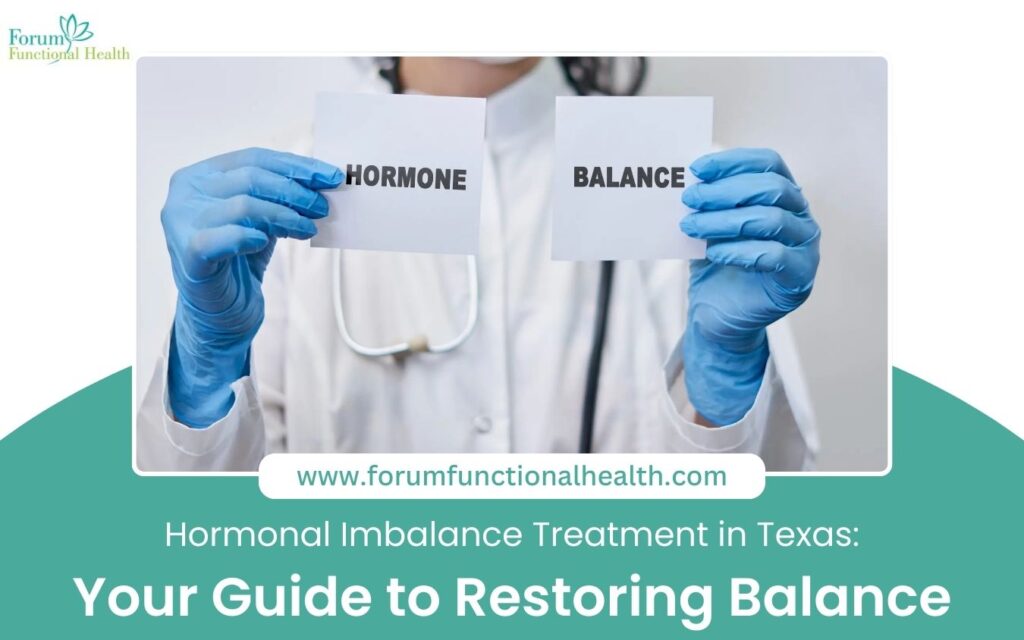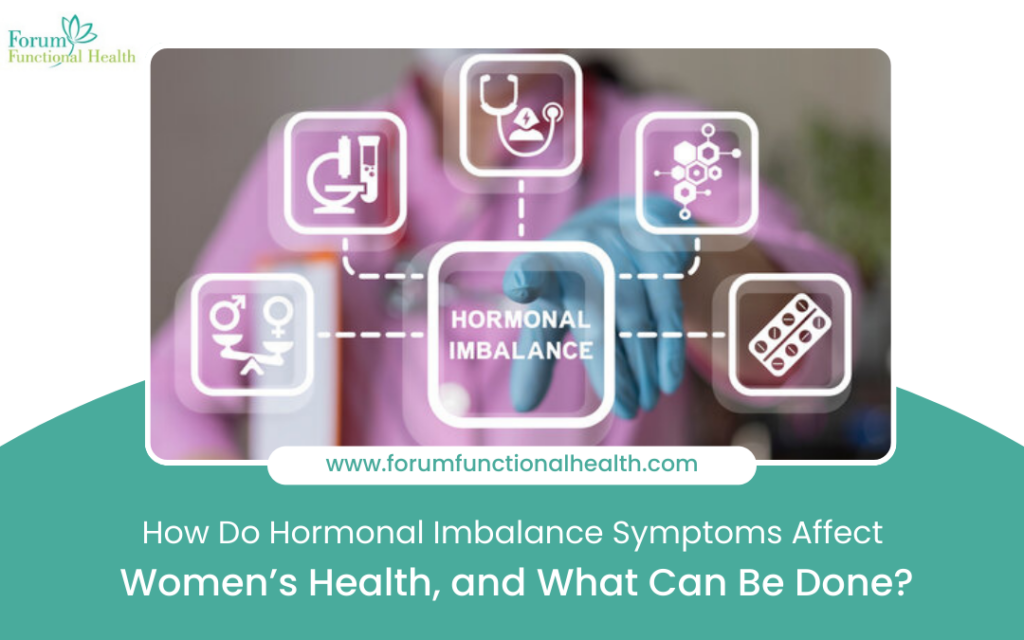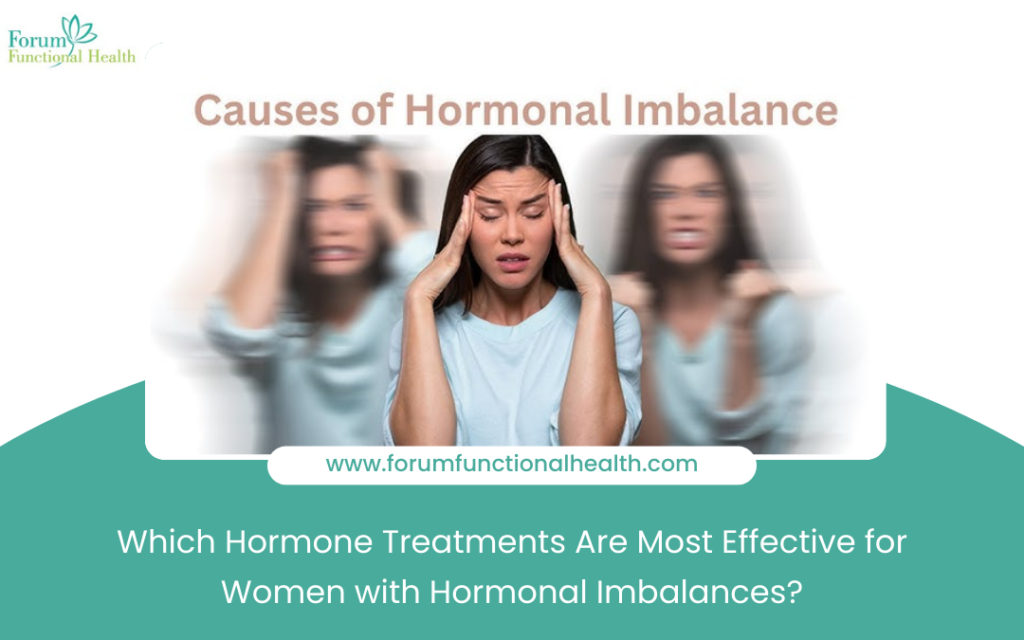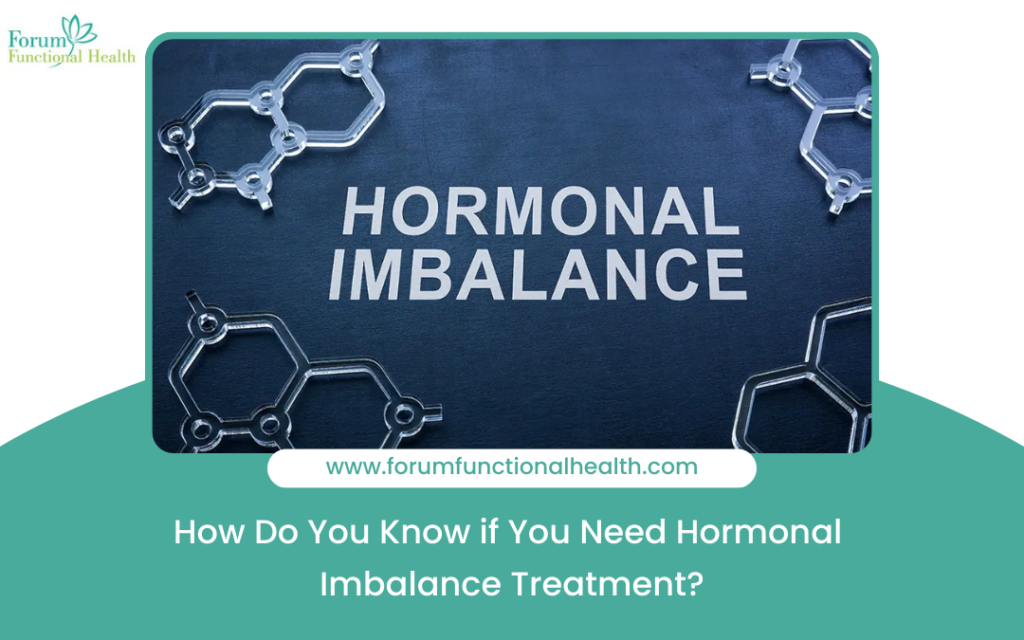Hormonal Imbalance Treatment in Texas: Your Guide to Restoring Balance

Understanding Hormonal Imbalance in Texas Hormones regulate almost every function in our bodies, from metabolism to mood. When there’s an imbalance, it can disrupt your overall well-being. Women, in particular, experience hormonal fluctuations due to factors like stress, diet, menopause, and medical conditions. Seeking hormonal imbalance treatment in Texas can help restore harmony to your […]
What Are the Best Hormonal Imbalance Treatments for Women? Expert Advice

Hormonal imbalances can disrupt every aspect of a woman’s life, from physical health to emotional well-being. If you’ve been experiencing mood swings, fatigue, or irregular cycles, it might be time to explore solutions tailored to your needs. In this blog post, we’ll delve into the most effective hormonal imbalance treatments for women and expert advice […]
How Do Hormonal Imbalance Symptoms Affect Women’s Health, and What Can Be Done?

Hormonal imbalances can significantly impact a woman’s physical and emotional well-being. These symptoms often go unnoticed until they disrupt daily life. Understanding the signs and exploring effective treatments can profoundly affect managing this condition. What Are Hormonal Imbalance Treatment? Hormonal imbalance occurs when there’s too much or too little of a specific hormone in your […]
Effective Hormone Treatments for Women with Hormonal Imbalances

Navigating the landscape of hormone treatments can be overwhelming for women dealing with hormonal imbalances. Understanding the causes, symptoms, and most effective treatment options is crucial to reclaiming a healthy, balanced life. Let’s explore the options available to help women regain stability and well-being. Understanding Hormonal Imbalance in Women Hormonal imbalances occur when there is […]
How Do You Know if You Need Hormonal Imbalance Treatment?

Hormonal imbalances can significantly impact a woman’s quality of life, affecting everything from mood and energy levels to reproductive health. But how do you know when it’s time to seek hormonal imbalance treatment? In this article, we’ll explore the signs of hormonal imbalance, the importance of getting tested, and the available treatment options to restore […]
